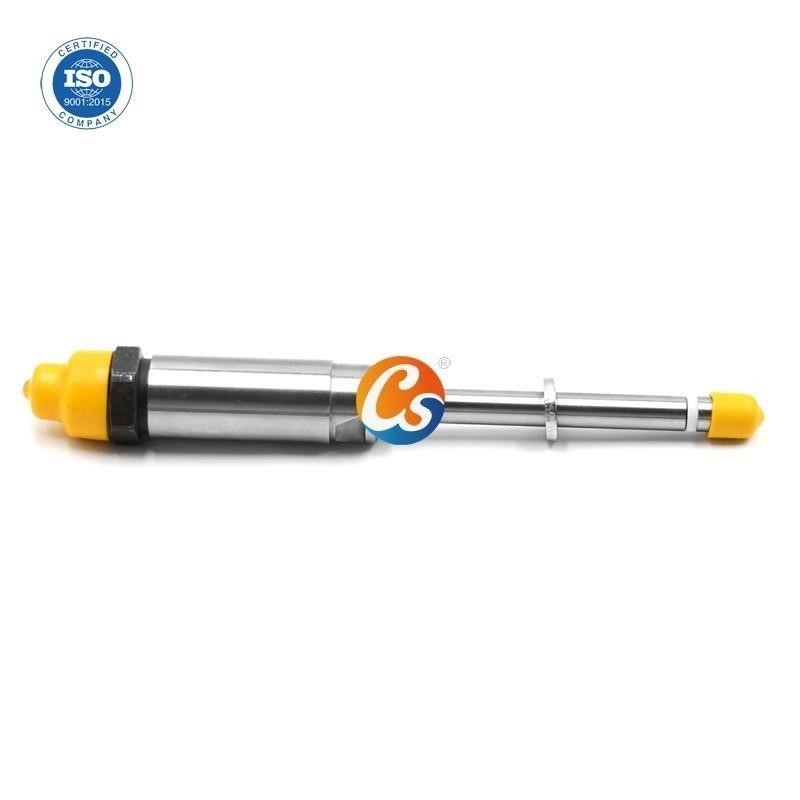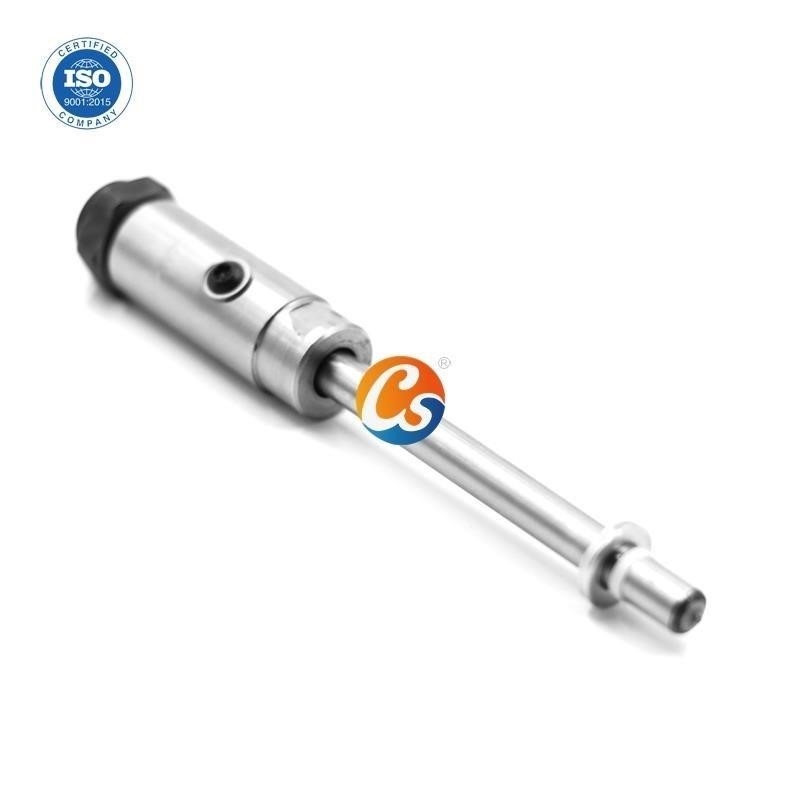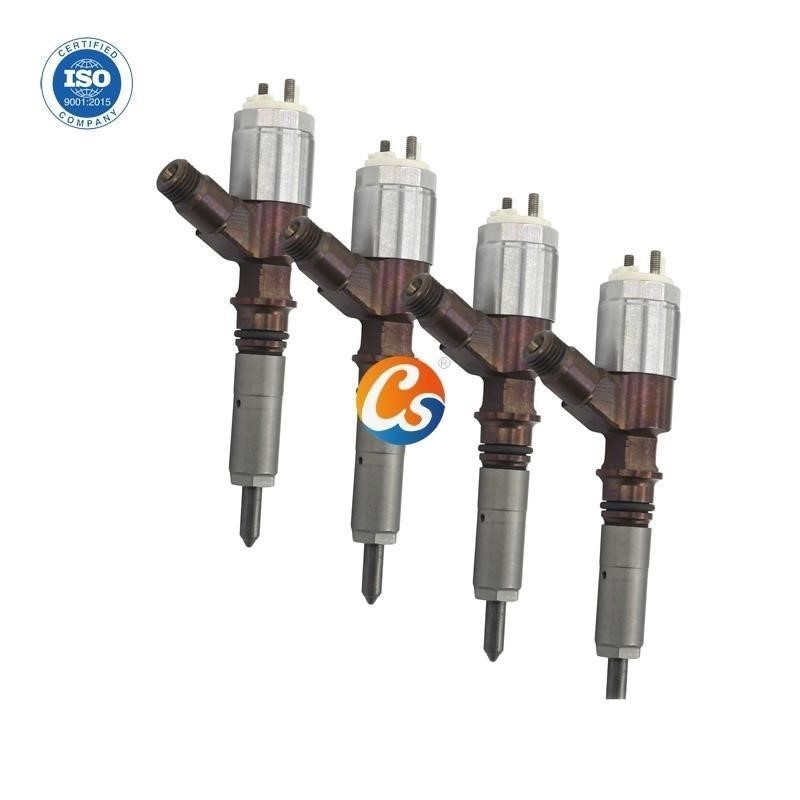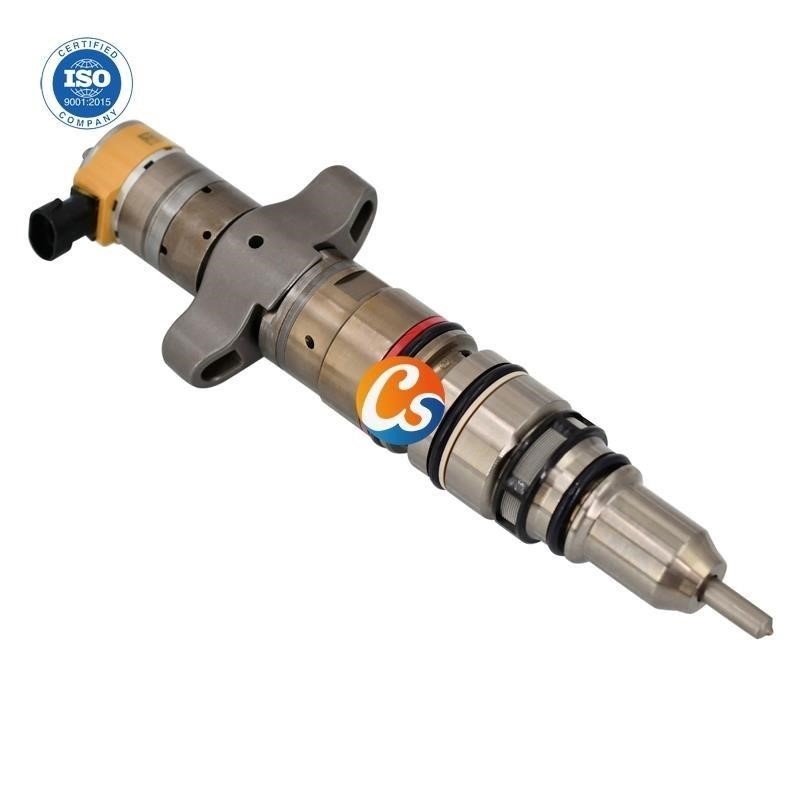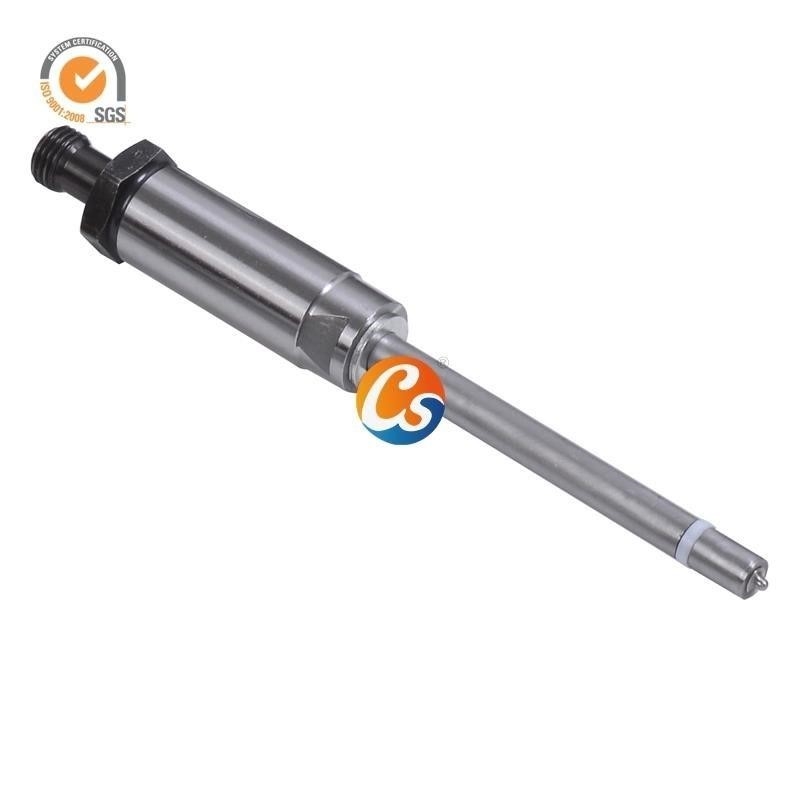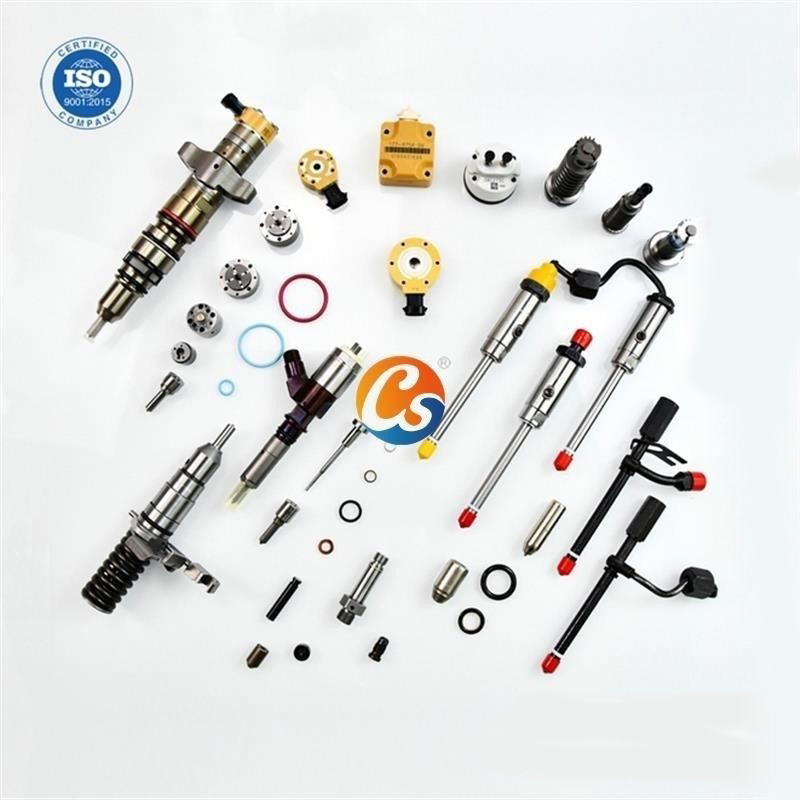
caterpillar fuel injector – caterpillar fuel injector | Changshun Diesel Parts

bosch dsla 145 p 265 forTd42 Injector Nozzles
Fuel Injectors 170-5187 for caterpillar 320b fuel injector-Diesel Injection Pump Head Rotor,Injector Nozzle,Fuel Plunger/Element for Automotive, Trucks & Marine
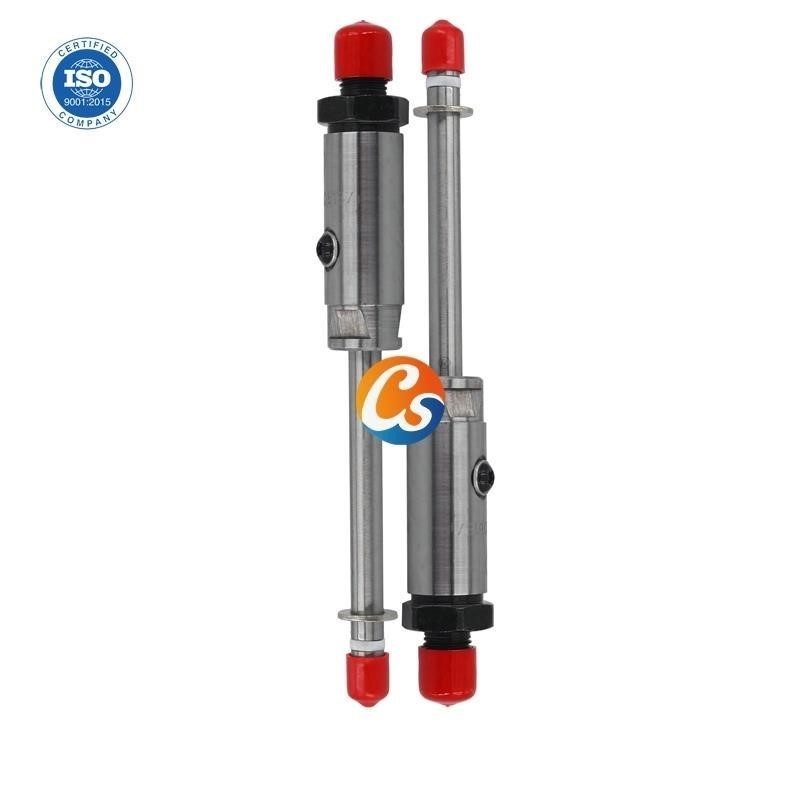
Fuel Injectors 170-5187 for caterpillar 320b fuel injector-Diesel Injection Pump Head Rotor,Injector Nozzle,Fuel Plunger/Element for Automotive, Trucks & Marine
How a common rail injection system work?
A common rail is one of the most important components in a diesel and gasoline direct injection system. The main difference between a direct and a standard injection is the delivery of fuel and the way how this one mixes with incoming air. In the direct injection system, the fuel is directly injected into the combustion chamber, skipping the waiting period in the air intake manifold. Controlled by the electronic unit, the fuel is squirted directly where the combustion chamber is hottest, which makes it burn more evenly and thoroughly.
Changshun is specialize in providing high quality common rail injectors.
The merits of the common rail fuel injection system architecture have been recognized since the development of the diesel engine.Lower fuel pump peak torque requirements. As high speed direct injection (HSDI) engines developed, more of the energy to mix the air with fuel came from the fuel spray momentum as opposed to the swirl mechanisms employed in older, IDI combustion systems. Only high pressure fuel injection systems were able to provide the mixing energy and good spray preparation needed for low PM and HC emissions. To generate the energy required to inject the fuel in approximately 1 millisecond, the conventional distributor pump would have to provide nearly 1 kW of hydraulic power in four 1 ms bursts per pump revolution, thus placing considerable strain on the drive shaft. One of the reasons behind the trend toward common rail systems was to minimize the maximum pump torque requirement. While the power and average torque requirements of the common rail pump were similar, high pressure fuel delivery is to an accumulator and thus the peak flow rate (and peak torque required to drive the pump) does not have to coincide with the injection event as is the case with the distributor pump. Pump discharge flow can be spread out over a longer portion of the engine cycle to keep pump torque demand more even.
Improved noise quality. DI engines are characterized by higher peak combustion pressures and, thus, by higher noise than IDI engines. It was found that improved noise and low emissions were best achieved by introducing pilot injection(s). This was most easily realized in the common rail system, which was capable of stable deliveries of small pilot fuel quantities over the entire load/speed range of the engine.
Our Diesel Fuel Injection Spare Parts application Engines include SCANIA, VOLVO, MAN, MERCEDES BENZ, DAF, FORD, CUMMINS, IVECO, TOYOTA, ISUZU, MITSUBISHI, NISSAN, DONGFENG FAW, FOTON, JAC, CUMMINS, BUS TRUCK PICK UP PARTS, JOHN DEERE, FIAT, MASSEY FERGUSON, AND AGRICULTURE CONSTRUCTION MACHINE DIESEL and so on…
Automechanika Dubai exhibition is The largest international trade show for the Automotive aftermarket and service industry in the MEA region. During the exhibition fair, we will bring the common rail diesel injector, nozzle, plunger, head rotor, common rail injector valve etc.. Mercedes Benz Injector 0445110190, 6110701687, Volvo unit injector valve 7206-0379, Injector valve 9308-621C, CAT 320D injector control valve, KIA and Mitsubishi VE Head Rotor, DPA pump head rotor 7123-340U, MAN truck parts, Mercedes Truck parts, Scania truck diesel plunger 2 418 455 129, 2 418 455 165, 1 418 415 066, Nozzle DN0PDN121, DN4PD57, DN0PDN112, DLLA144P184, Delivery Valve 1 418 522 047, 8N7005 and so on…

